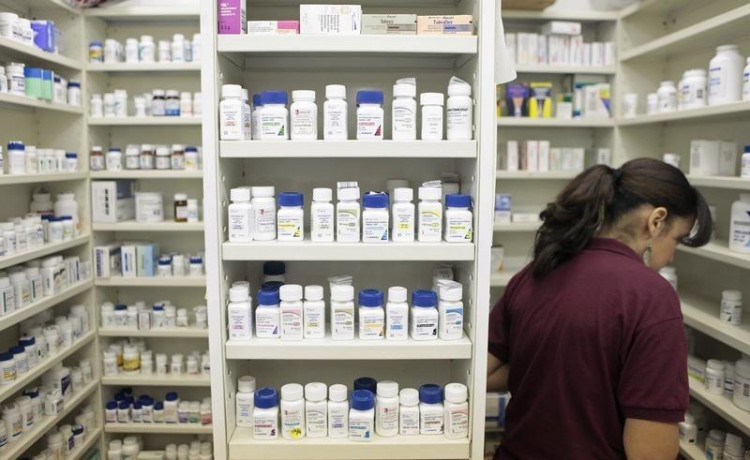According to India's health ministry on Thursday, the World Health Organization has linked the deaths of 66 children in The Gambia to toxic cough syrups made by Maiden Pharmaceuticals. India's pharmaceutical authority has demanded an investigation into this claim.
The ministry, the state government, and the drug authority in Haryana, where Maiden's facility is located, started the investigation.
The WHO reported that ethylene glycol and diethylene glycol, which can be poisonous and cause acute kidney impairment, were found in "unacceptable" concentrations in four Maiden products: Promethazine Oral Solution, Kofexmalin Baby Cough Syrup, Makoff Baby Cough Syrup, and Magrip N Cold Syrup.
Diethylene glycol and ethylene glycol are also utilized as less expensive substitutes in some pharmaceutical goods, as well as in antifreeze, brake fluids, and other industrial applications. However, the WHO has issued a warning that the lethal medications may have entered other nations as well.
The Central Substances Standard Control Organization (CDSCO), has now forwarded samples of these drugs to the local drug testing lab in Chandigarh. Anil Vij, the health minister for Haryana, reported earlier in the day that the state regulator had sent medicine samples to the Central Drugs Laboratory in Kolkata for additional examination. If the deaths are shown to be directly related to cough syrups, it will do tremendous damage to the nation's reputation as a supplier of low-cost generic medications to the rest of the globe.
Indian medications and treatments have gained the trust of the international community, according to Prime Minister Narendra Modi, who has frequently referred to India as the "pharmacy to the world."
Anil Vij, the state's minister of health for Haryana, where Maiden has its plants, issued a warning that "strict action if anything is found wrong" after the tests. Director Naresh Kumar Goyal of Maiden said that they were still attempting to learn more about the deaths after learning about them only on Thursday morning.
As stated by the Indian health ministry, Maiden, which began operations in November 1990, solely made and exported the syrup to The Gambia. On its website, Maiden claims to have two manufacturing facilities in Haryana's Kundli and Panipat, both close to New Delhi, and to have recently opened a third. 2.2 million syrup bottles, 600 million capsules, 18 million injections, 300,000 ointment tubes, and 1.2 billion tablets can all be produced annually by Maiden.
Although Goyal said they were not currently selling in India, Maiden's website states that it sells its products domestically and exports them to nations in Asia, Africa, and Latin America. According to the health ministry, countries that import these goods normally test them before approving their usage.





